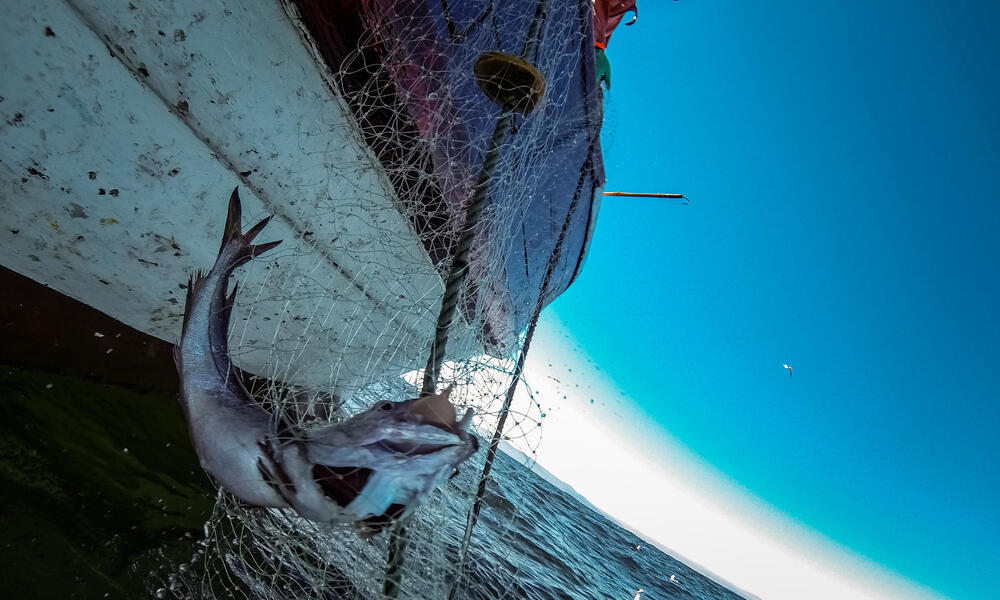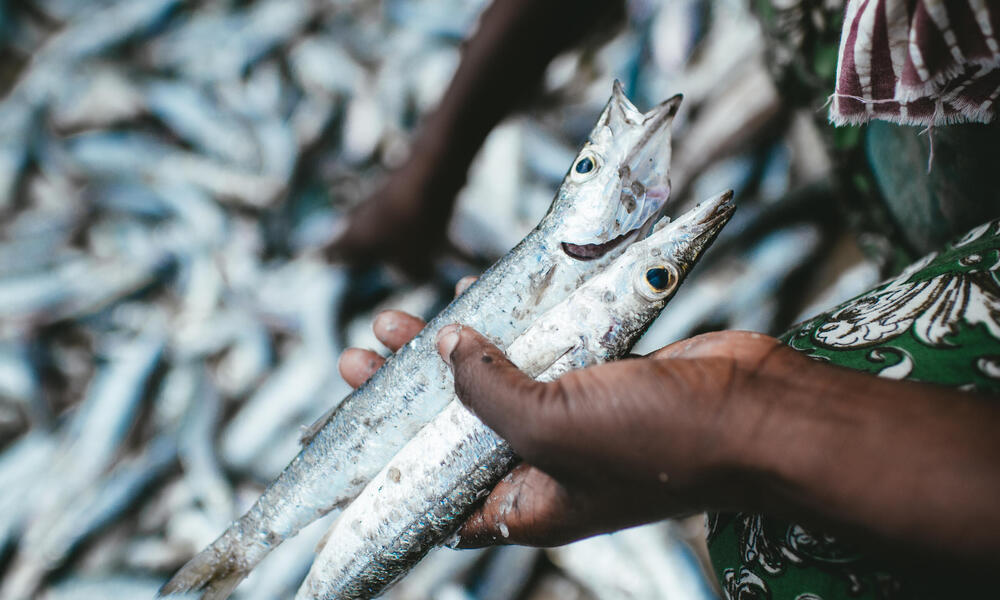The ocean provides a bounty of seafood, supporting hundreds of millions of jobs and feeding billions of people. But roughly a quarter of the fish caught globally is done illegally in the shadows, fueling a black market that exploits wildlife, people, and gaps in enforcement of laws. A lack of transparency allows rogue vessels and criminal networks to operate undetected and profit off stolen fish, taking money out of the pockets of people who follow the rules and contributing to declines in ocean health. Ending this black-market trade of seafood is good for nature and people but will require an array of proven tools working in tandem, chief among them is traceability.
The seafood sector has one of the most complex, trans-boundary supply chains in the world. Traceability is the concept of tracking product as it moves through a supply chain. Recording and sharing information about who caught what, when, where, and how, boosts confidence in the market and puts the squeeze on operations that look to cut corners and break rules. What’s been missing are universal traceability standards that establish a common baseline for what kinds of data need to be tracked and how that data should be shared across thousands of business platforms. In other modern industries, these kinds of standards for “interoperability” is how digital health records can be shared across hospitals, and how smartphones and debit cards work while traveling overseas.
WWF and IFT worked with leaders in the public and private sectors to develop voluntary standards that lay the foundation for seafood traceability worldwide.

